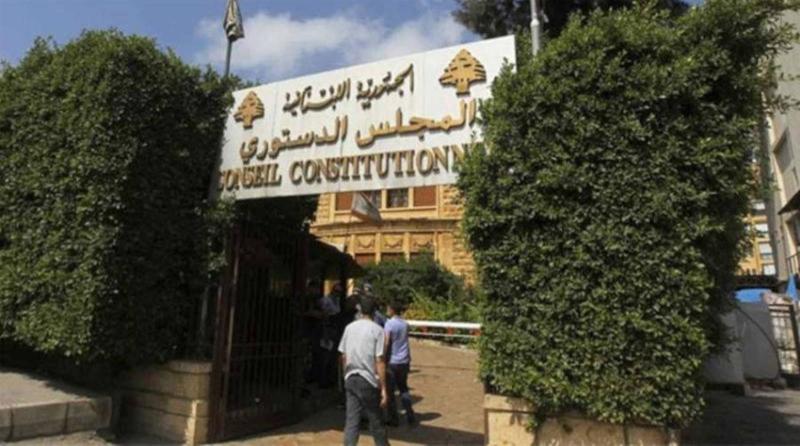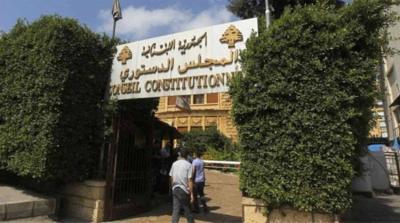The Constitutional Council, in a session held at its headquarters in Hadath, chaired by its president, Judge Tannous Mashlab, and in the presence of Vice President Judge Omar Hamzah and council members: Aouni Ramadan, Akram Baasir, Albert Serhan, Riad Abu Ghaida, Michel Tarzi, Fawzat Farhat, Elias Mashraqani, and Miray Najem, decided to accept the three appeals regarding the extension of municipalities in form and rejected the reviews in essence. The law challenged was fortified by interpreting that during the extension period, and upon the cessation of the exceptional circumstances, the Parliament shall enact a new law determining the election date. This decision is to be communicated to the Presidency of the Republic, the Presidency of the Parliament, and the Prime Ministry, and published in the official gazette.
Judges Michel Tarzi, Elias Mashraqani, and Albert Serhan expressed dissent regarding the decision. Judges Albert Serhan and Michel Tarzi noted in a memorandum that "we partially disagree with the majority on the second reason for the appeal related to the violation of the principle of separation of powers as follows: The appellants argue under this reason that determining the date of elections falls within the scope of law, and the legislator cannot leave this determination to the executive authority at its discretion.
The paragraph "e" of the preamble of the constitution states the principle of the separation of powers and their balance and cooperation, and Article 16 states that "the legislative authority is entrusted to a single body, the Parliament."
The principle of the separation of powers dictates that each authority exercises its powers within the scope allocated to it by the constitution, such that no constitutional authority exceeds the powers of another constitutional authority, and that each authority adheres to the limits of jurisdiction defined by the constitution, without one authority encroaching upon another.
Cooperation among authorities should not lead to one authority replacing another and exercising its powers partially or entirely.
The challenged law only extended the term of existing municipal and elective councils until the maximum date of May 31, 2025, without addressing any other matters that may fall within the jurisdiction of another authority.
The extension of the term for municipal and elective councils occurred within the jurisdiction reserved for the Parliament, thus the law in question was issued within the framework of the exercise of Parliament’s powers to ensure the continuity of public utilities, preserve the public interest, and avert any vacancy that may arise due to the circumstances the country is experiencing, as stated above.
The challenged law does not contain any indication of a delegation of powers in favor of any other entity, and therefore does not fall within the jurisdiction of the Constitutional Council to provide future directions to the Parliament in the form of interpretative reservations, thus it is limited to the confines of the challenged text.
The challenged law did not exceed the principle of separation of powers and therefore does not contain any violations of the constitution or the general principles of constitutional value, and thus the argument presented for this reason is unfounded and should be rejected."




